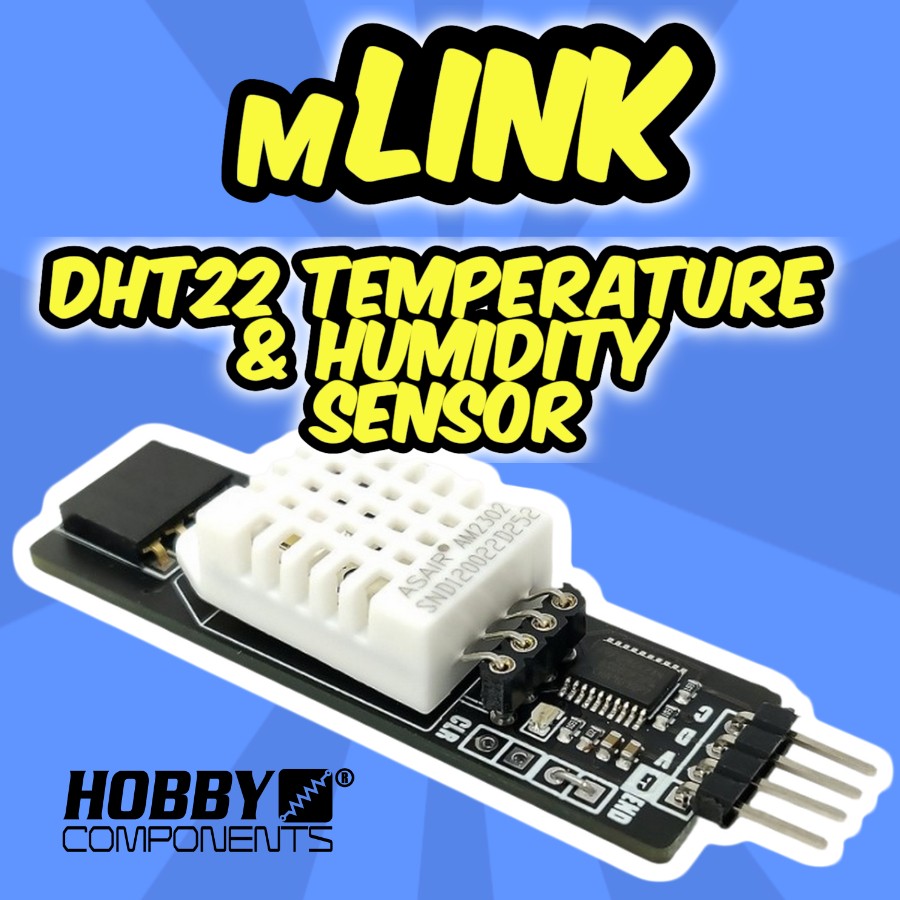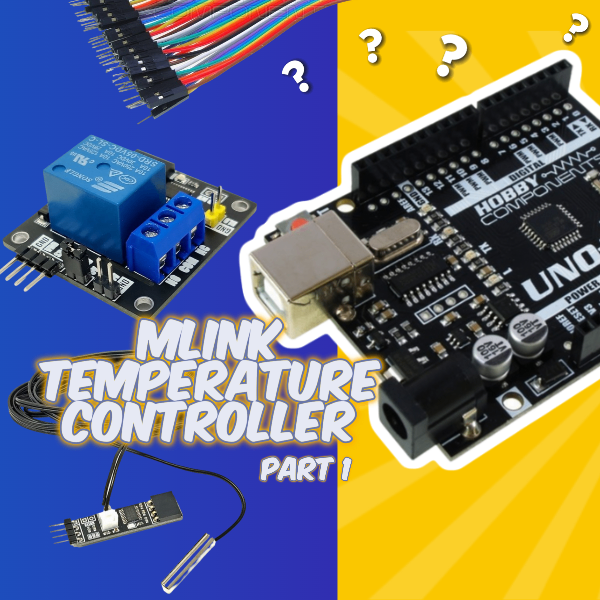In this second part we’ll be adding an LCD screen to display the current temperature and relay state so that we can monitor the controller we created in the last video without it being connected to a computer.
If you’ve not already followed part one check out the blog post and video here.
Once set up, adding an LCD display will allow us to monitor the current temperature and relay state without having to connect the development board to a PC.
For this video you will need an mLink 1602 character LCD and some of the same dupont cables we used in part one. The code will also work for the larger 20×4 LCD too, as mentioned previously, the choice of screen size will depend on your personal preference.
You’ll also need the items used in the previous video
An Arduino compatible development board with I2C and 5V out. As I said, I’m using the Uno Plus.
The mLink NTC temperature sensor.
The mLink 1 channel relay module.
A Character LCD either 1602 or 2004.
So here’s Part Two
Connections diagram
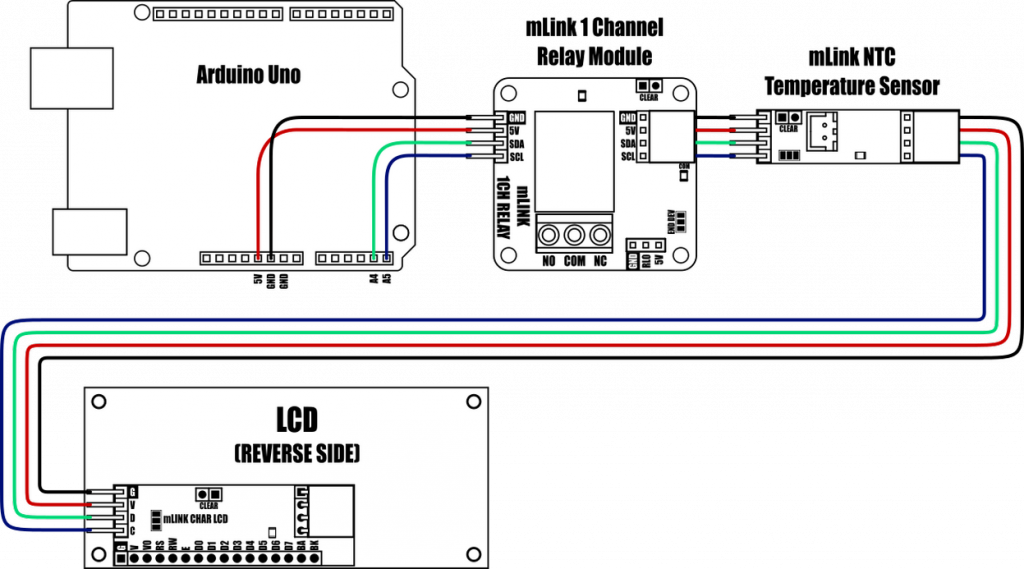
If you get any errors, or your sketch doesn’t work correctly check the code below.
Arduino Sketch
/* FILE: mLink_Temp_Controller_Part_2.ino
DATE: 14/02/24
VERSION: 1.0
AUTHOR: Anita Davies
This sketch uses the mLink library to control a mLink 5V relay (SKU:HCMODU0182)
and mLink NTC Temperature Sensor (SKU:HCMODU0186) and output information to mLink
Character LCD (1602 SKU:HCMODU0190A & 2004 SKU: HCMODU0190B).
Please see Licence.txt in the library folder for terms of use.
*/
#include "mLink.h" // Include the library
#define RLY_ADD 0x52 // Default I2C address of Relay
#define NTC_ADD 0x54 // Default I2C address of Temp Sensor
#define LCD_ADD 0x56 // Default I2C address of LCD display
float onSetpoint = 26.0; // Default ON temperature
float offSetpoint = 28.0; // Default OFF temperature
boolean relayState = OFF; // Global variable stores the relay state
mLink mLink; // Create an instance of the library
// Initial setup - the code here will run once
void setup()
{
mLink.init(); // Initialise the library
Serial.begin(9600); // Set data rate in bits for serial transmission
}
void loop()
{
float temp = getTemp(); // Read current temperature
updateRelay(temp); // Get relay status
updateLCD(temp); // Update LCD with temp variable
printStatus(temp); // Print
delay(500); // Half second delay
}
// getTemp function. Runs read command 10 times. Adds result to "temp" variable.
//Divides sum by 10 to get average before returning result.
float getTemp()
{
float temp = 0;
for(byte i = 0; i < 10; i++)
temp += mLink.NTC_Temp(NTC_ADD);
temp /= 10;
return temp;
}
// printStatus function
void printStatus(float temp)
{
Serial.print("Temperature: "); // Prints word Temperature: to serial monitor
Serial.print(temp, 1); // Prints temperature to one decimal place
Serial.print("oC, Status: "); // Prints centigrade sign to serial monitor
if(relayState)
Serial.println("ON"); // Prints ON or OFF depending on if/else statement
else
Serial.println("OFF");
}
// Prints the current temperature and relay state to the LCD
void updateLCD(float temp)
{
mLink.cLCD_cursor(LCD_ADD, 0, 0); // Set the cursor to col 0 row 0
mLink.cLCD_print(LCD_ADD, "Temp: "); // Print "Temp: " to LCD
mLink.cLCD_printFloat(LCD_ADD, temp, 1); // Print temp in oC to one decimal place
mLink.cLCD_print(LCD_ADD, "oC "); // Add oC to Denote Temperature
mLink.cLCD_cursor(LCD_ADD, 0, 1); // Set the cursor to col 0 row 1
mLink.cLCD_print(LCD_ADD, "Relay State: "); // Print "Relay State: " to LCD
if (relayState == ON)
mLink.cLCD_print(LCD_ADD, "ON "); // Print "ON " to LCD
else
mLink.cLCD_print(LCD_ADD, "OFF"); // Print "OFF" to LCD
}
// updateRelay function
void updateRelay(float temp)
{
//For the heating condition we want to turn the relay on when the temperature
//is below the on setpoint and turn the relay off when it is above the off setpoint
if(onSetpoint < offSetpoint)
{
if(temp < onSetpoint)
relayState = ON;
else if(temp > offSetpoint)
relayState = OFF;
}
//And for the cooling condition we need to turn on the relay if the temperature
//is above the on setpoint and turn it off when it is below the off setpoint
else if(offSetpoint < onSetpoint)
{
if(temp > onSetpoint)
relayState = ON;
else if(temp < offSetpoint)
relayState = OFF;
}
mLink.SET_RLY0(RLY_ADD, relayState); // Update relayState variable
}
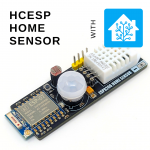
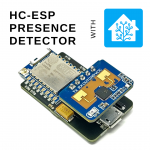
![Simon Says… Wanna Play a [Arduino] Game!](https://blog.hobbycomponents.com/wp-content/uploads/2024/03/BLOG-IMAGE-Simon-Says-150x150.png)





